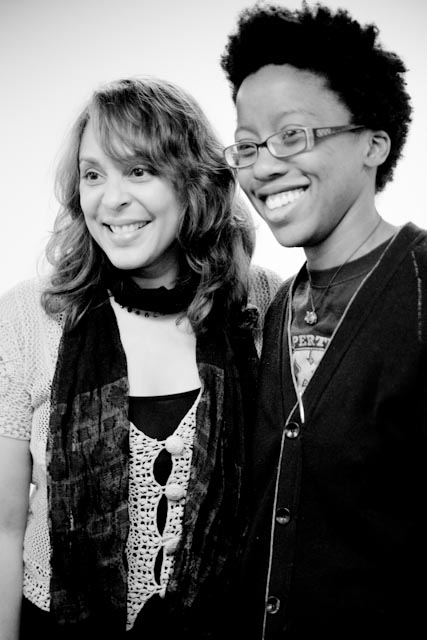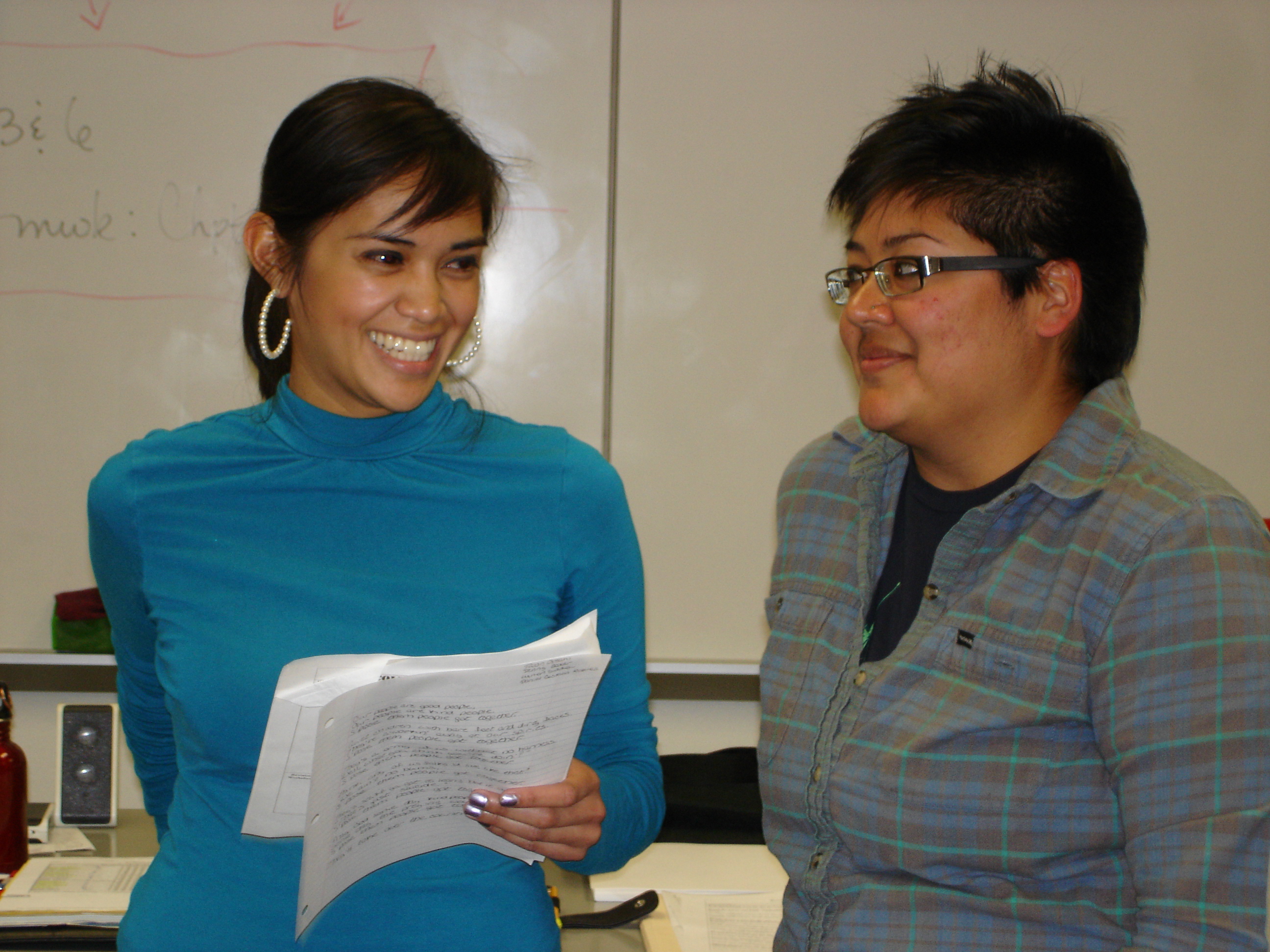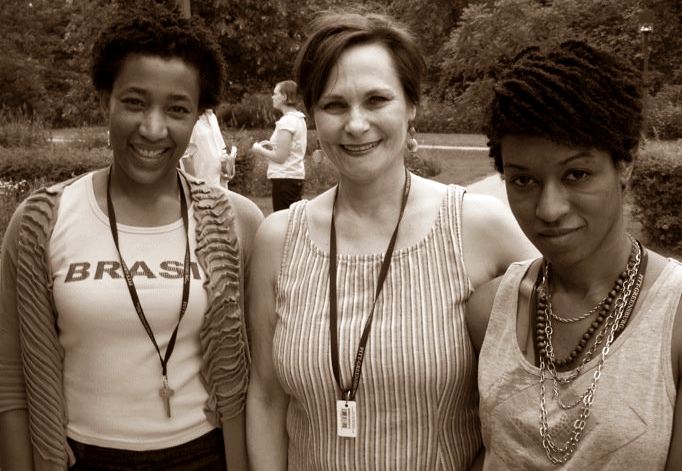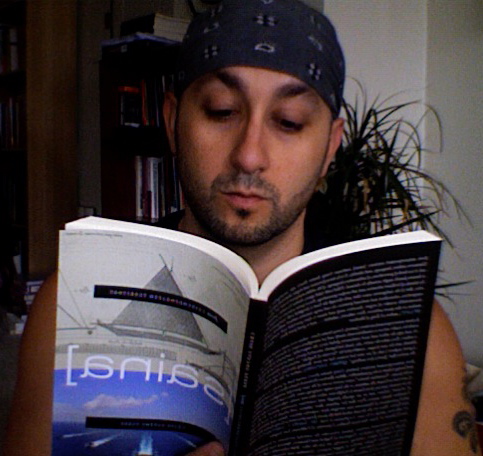Cave Canem Partners With Willow Books
Camille Rankine, program and communications coordinator at Cave Canem Foundation, gives us the rundown on the organization's partnership with Willow Books, imprint of P&W-supported Aquarius Press in Detroit.
Each year since its founding, Cave Canem has published commemorative anthologies of poems produced by fellows and faculty attending the organization’s annual retreat. In 2006, this endeavor culminated in Gathering Ground: A Reader Celebrating Cave Canem’s First Decade, published by University of Michigan Press. This year marks the start of a new take on this tradition: Cave Canem will partner with Willow Books to produce the Cave Canem Anthology series, which will be published biennially, revitalizing a tradition of showcasing exciting new directions in American poetry.
 Willow Books, the literary imprint of P&W-supported Aquarius Press in Detroit, Michigan, develops, publishes, and promotes typically underrepresented writers. “We’re looking forward to adding the many voices of Cave Canem poets to our growing list of excellent literature by African American writers,” says Aquarius Press publisher Heather Buchanan. “This new venture is at the heart of our mission to expand opportunities for African Americans in the literary marketplace.”
Willow Books, the literary imprint of P&W-supported Aquarius Press in Detroit, Michigan, develops, publishes, and promotes typically underrepresented writers. “We’re looking forward to adding the many voices of Cave Canem poets to our growing list of excellent literature by African American writers,” says Aquarius Press publisher Heather Buchanan. “This new venture is at the heart of our mission to expand opportunities for African Americans in the literary marketplace.”
Alison Meyers, executive director of Cave Canem, is excited about the prospect of bringing these collections to a wider audience. “This partnership with Willow Books adds a significant, public dimension to the body of work produced every year at our retreat. Over time, we believe the Cave Canem Anthology will become essential reading for educators, students and poetry lovers, and a standard title on the shelves of well-stocked bookstores and libraries across the country.”
The series will be inaugurated with the publication of Cave Canem XII: Poems 2008–2009, slated for release in fall 2011 or spring 2012.
Photo: (Left to right) First annual Cave Canem Poetry Prize winner Natasha Trethewey and Cave Canem Fellow Donika Ross. Credit: Rachel Eliza Griffiths.
Support for Readings/Workshops in New York City is provided, in part, by public funds from the New York State Council on the Arts, and the New York City Department of Cultural Affairs, with additional support from the Louis & Anne Abrons Foundation, the Axe-Houghton Foundation, the A.K. Starr Charitable Trust, and the Friends of Poets & Writers.





 The workshop was inspired, in part, by UC Riverside professor and novelist Susan Straight, who emphasized to her students the need for community participation through the arts. When her graduate students approached her with an interest in teaching in the Riverside community, she recommended her alma mater, North High.
The workshop was inspired, in part, by UC Riverside professor and novelist Susan Straight, who emphasized to her students the need for community participation through the arts. When her graduate students approached her with an interest in teaching in the Riverside community, she recommended her alma mater, North High.  “Participating
in a Cave Canem workshop…was a major stepping stone in my development as a
poet,” says one workshop student. “Cave Canem has given me the confidence,
inspiration, direction and community that have proved to be invaluable. . .I
will always be grateful to this community of poets and now, friends.”
“Participating
in a Cave Canem workshop…was a major stepping stone in my development as a
poet,” says one workshop student. “Cave Canem has given me the confidence,
inspiration, direction and community that have proved to be invaluable. . .I
will always be grateful to this community of poets and now, friends.” Reading don’ts: Don't read too quietly. Don't shuffle through papers as if you just rolled out of bed. Don't say that you're going to read from your book that you don't like anymore because you wrote it a year ago. Don't talk for too long about the background of a poem. Don't drink water in the middle of a poem. Don't read drunk or high (unless that's part of your aesthetic). Don't go over time. Don't read too fast. Don't be hostile to the audience during Q&A. Do not not smile.
Reading don’ts: Don't read too quietly. Don't shuffle through papers as if you just rolled out of bed. Don't say that you're going to read from your book that you don't like anymore because you wrote it a year ago. Don't talk for too long about the background of a poem. Don't drink water in the middle of a poem. Don't read drunk or high (unless that's part of your aesthetic). Don't go over time. Don't read too fast. Don't be hostile to the audience during Q&A. Do not not smile.